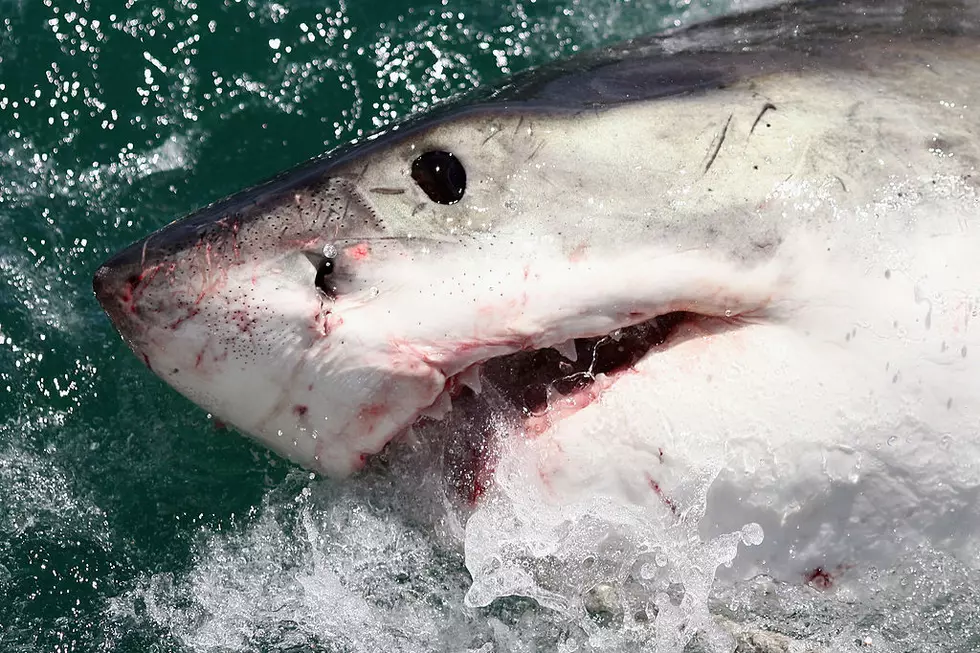
Great White Sharks Just Love Cape Cod in July
For many Massachusetts residents, the Fourth of July weekend means a trip to Cape Cod and a dip in the ocean waters.
Well, here's a heads up for you: the great white sharks love the Cape in July, too.
In fact, the Atlantic White Shark Conservancy (AWSC) told a news conference in Chatham on Wednesday that the great white population increases sharply off the Massachusetts coast during the month of July.
The Associated Press reported that AWSC scientist Megan Winton told reporters on Wednesday, "Just know that large sharks are here." Winton said the sharks are "a great presence from June to the fall."
The AWSC stressed that sharks tend to gravitate to the Atlantic-facing side of Cape Cod, where seals are plentiful. That doesn't mean they won't appear in Massachusetts Bay – or anywhere else along the Massachusetts coast, for that matter.
The AWSC has the Sharktivity app that allows folks to track many great white sharks, as more than 280 have now been tagged with GPS devices. The conservancy also has a website where you can track its activity and read about the great white shark projects with which the group is involved.
The conservancy said the last human death attributed to a great white off Massachusetts occurred in 2018. Sharks tend to move closer to shore in pursuit of warmer water temperatures. That includes areas "where the shoreline quickly drops off into deeper water."
The AWSC said it is advisable to stay out of the ocean where the sharks are known to congregate.
I don't know about you, but that sounds like pretty solid advice to me.
WATCH OUT: These are the deadliest animals in the world
LOOK: Stunning animal photos from around the world
More From WBSM-AM/AM 1420









